¹ Transportation and our right to enjoy the highway is often misunderstood. After months of navigating the legal system & applying to the European Court of Human Rights, I've gained insights to aid your understanding
A thread 🧵
² Let's clarify. Travelling is personal, moving from one place to another - a holiday, visiting family/friends, shopping etc (legitimate travel). In contrast, transportation is commercial in nature, it is the organised movement of people or goods, typically as a service.
³ At the heart of transportation are "vehicles." These are devices designed for moving people or goods. Vehicles come in various forms, from cars to ships, bicycles to airplanes, tailored to meet different needs. The focus will be "vehicles" on the highway.
⁴ "Carriage," refers to the act of moving passengers/goods from one place to another. It's the journey itself, the process. Whereas a "carrier" is the entity/individual responsible for providing the services, a taxi company/lorry business. Traffic is defined as commerce.
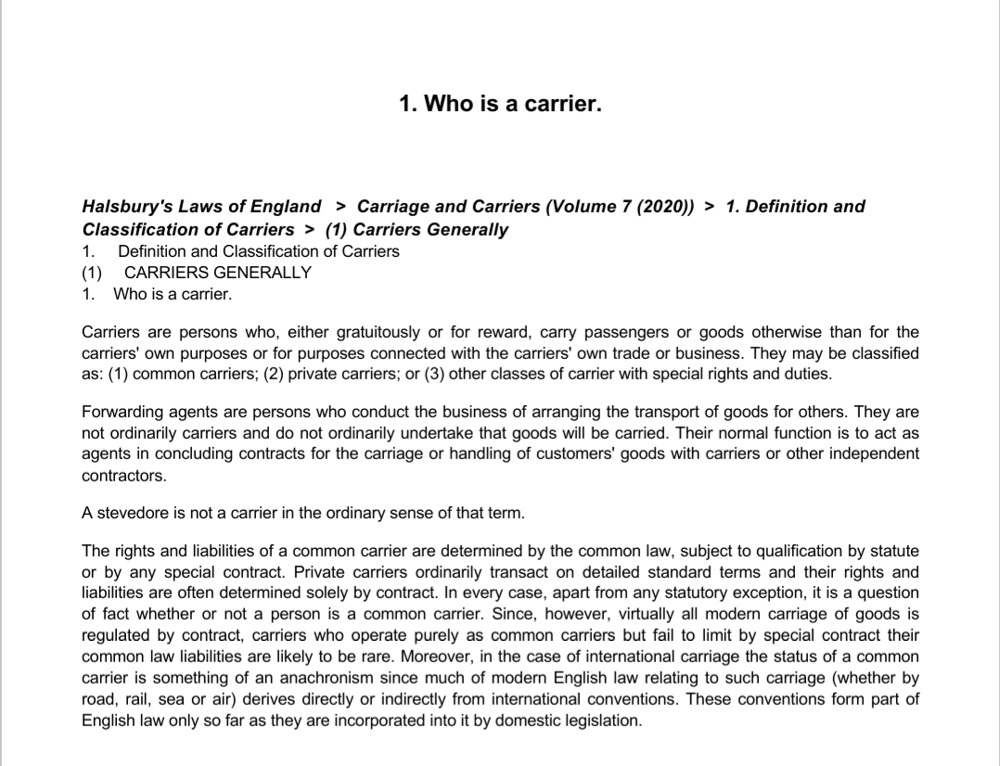
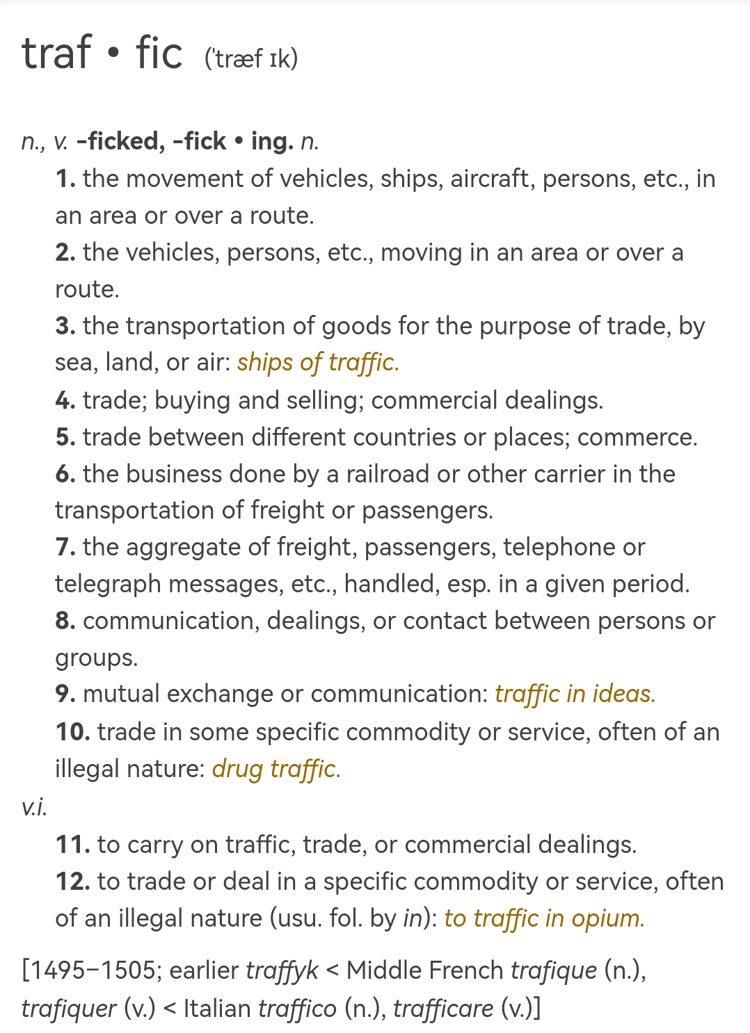
⁵ Understanding these distinctions is crucial. When you take a taxi or move goods by lorry, you're engaging in transportation, and there's a carrier involved. Reason why Deliveroo identify bicycles as vehicles, is due to their purpose of delivering food (goods) as a service.
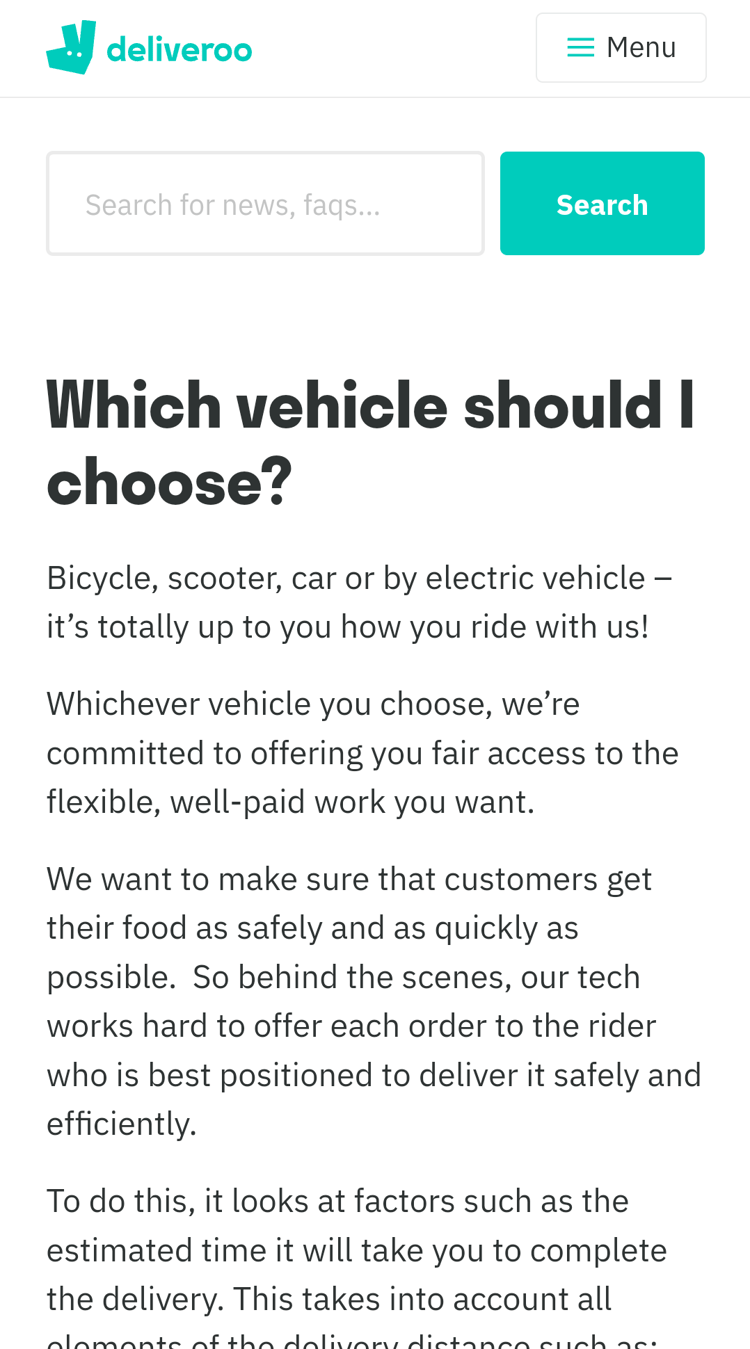
⁶ Using your car to visit family/friends, that's travelling. You're not a carrier, it's not for hire & you're not engaging in traffic. Within context the terms "Driver" and "Driving" are more appropriate for such activities but be aware of the generic application of such terms.
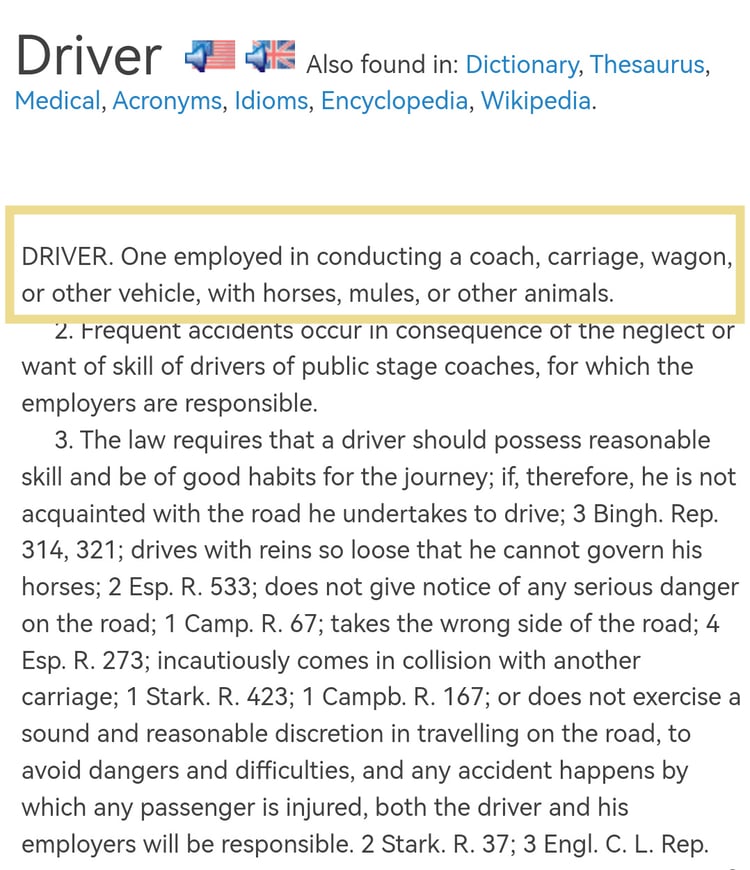
⁷ In the UK, "Vehicle Excise Duty" (VED), or road tax, is levied on most vehicles used on public roads. Some vehicles, mainly those for non-commercial, personal use, are exempt. As per Vehicle Excise & Registration Act 1994, Sec 5 & Sch 2: Vehicles not for carriage.
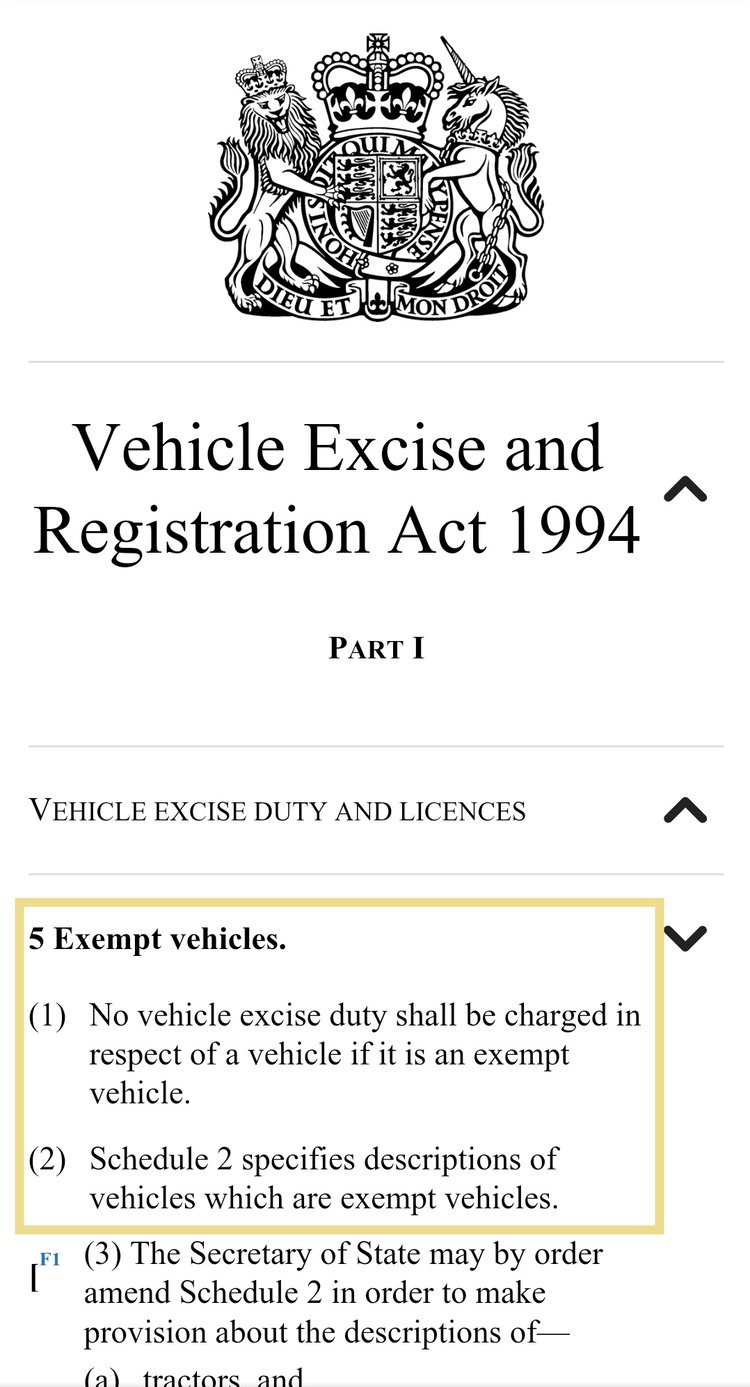 .
. 
VED, a tax on CO2 emissions, reflects vehicle use for carriage. When balancing traffic regulations and public safety with the right to travel freely, this aspect matters. It's why permission (license), a declaration (registration), Tax, MOT & insurance are required for carriers.
⁸ This foundational knowledge helps us appreciate the roles, regulations, responsibilities and terminology that shape the world of traffic. Whether you're a passenger, driver or traveller, it's essential to distinguish these concepts. Be aware of the interchangeability of terms.
⁹ The transportation landscape is rich and ever-evolving, influenced by technology and changing mobility trends. However, key aspects remain constant: the need for regulations, safety, and the role of carriers in moving people and goods.
¹⁰ Further distinctions to consider. The public right to travel freely on the Highway is protected by European Convention on Human Rights, although Protocol 4: Article 2 is not incorporated into the Human Rights Act the principle remains and is recognised via domestic law.
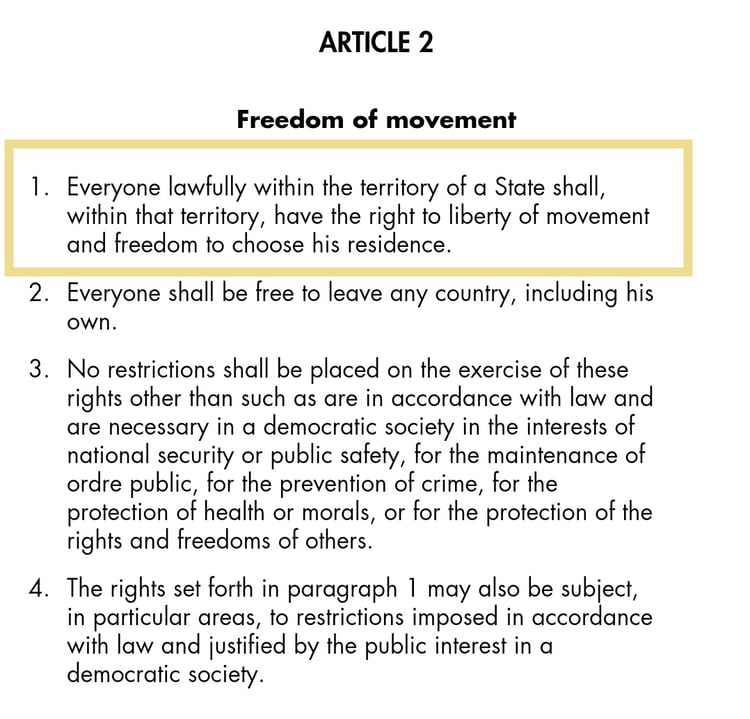 .
. 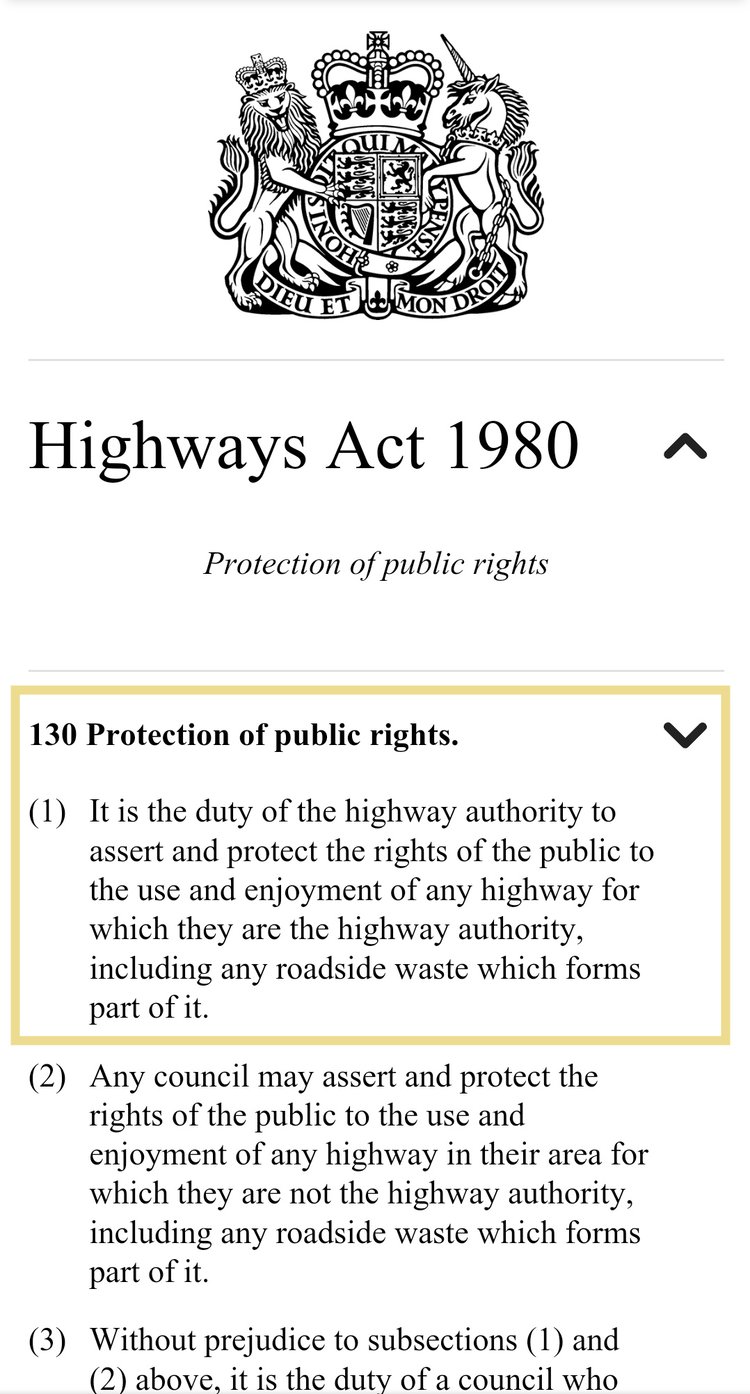
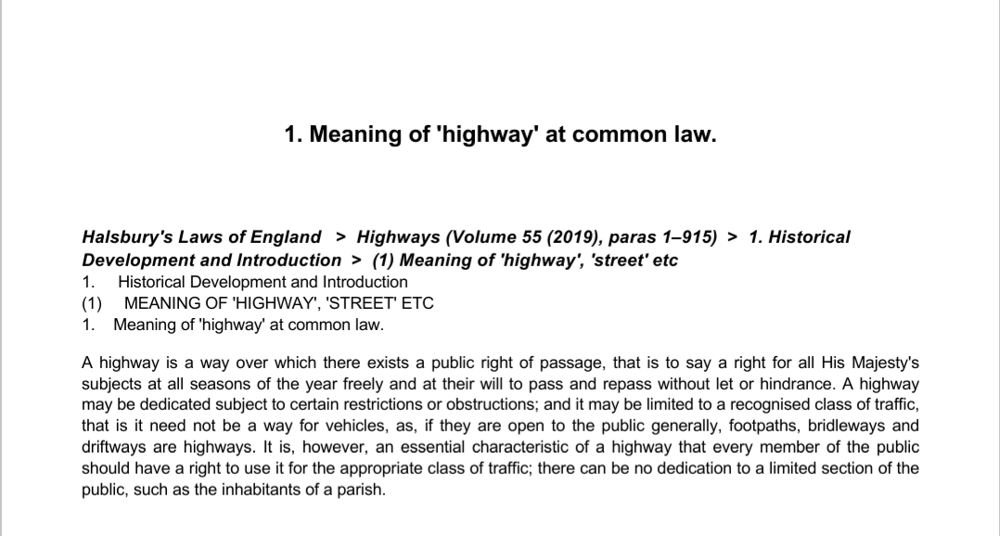
¹¹ The Public's right to enjoy the highway is protected by the law of nuisance. It safeguards us from unreasonable interference with land or property. The Highways Act 1980 defines this as:
¹ Damage (section 131)
² Obstruction (section 137)
³ Annoyance (section 161)

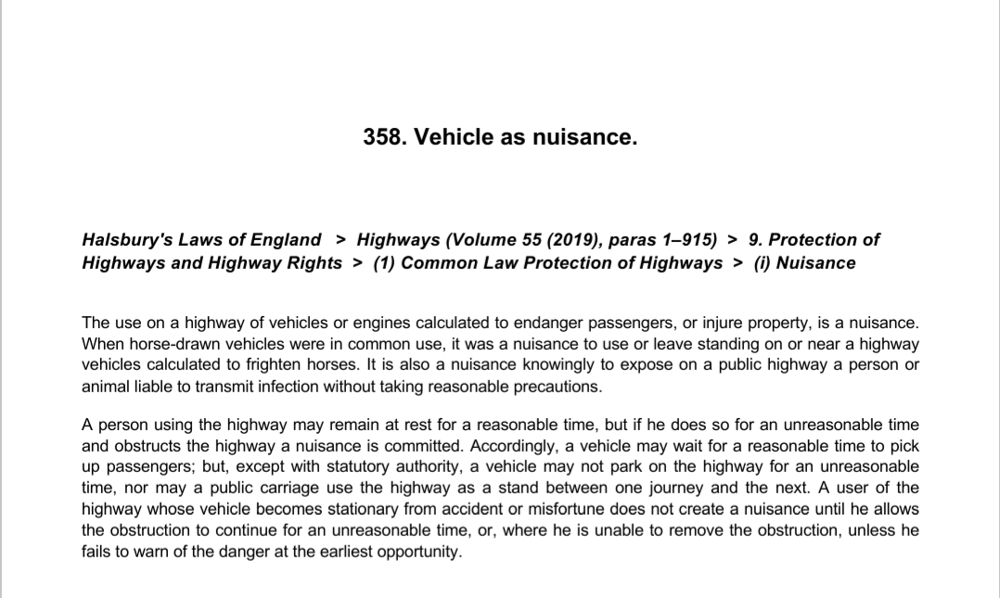
¹² In contrast traffic regulations which govern vehicles on the highway are strictly statutory. Key legislation include:
¹ Vehicle Excise & Registration Act
² Road Traffic Act
³ Road Traffic Offenders Act
⁴ Transport Act
To list a few.
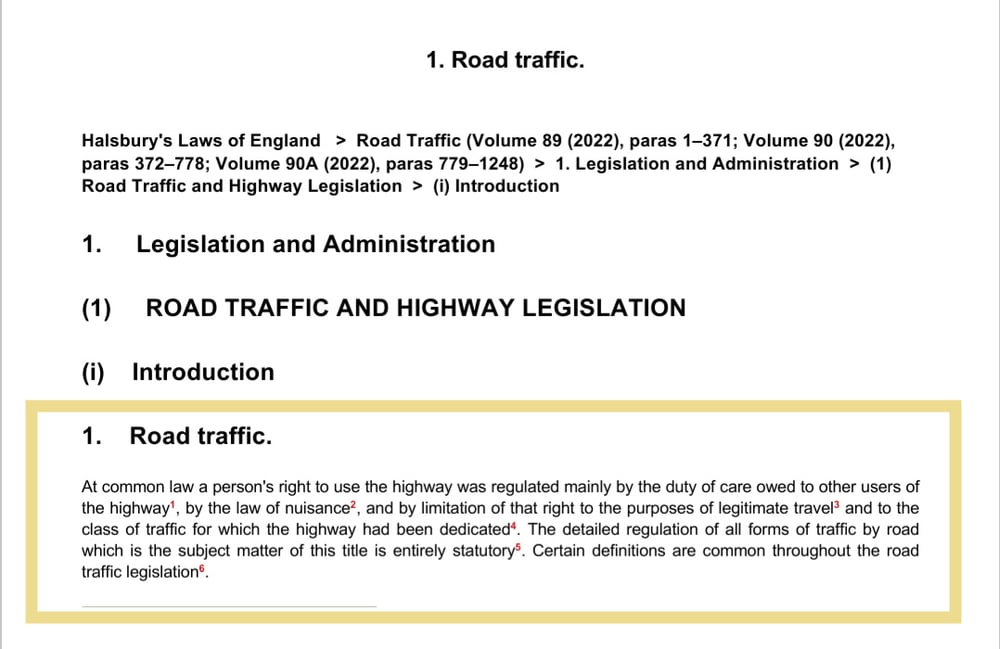
¹³ 🔍✍️ After witnessing challenges to our fundamental rights, I'm set to share my journey during the ECtHR application process. Feel free to ask questions & follow for more.
#Transportation #Travel #Vehicle #Carriage #Carrier #VED #Highway #ECtHR #Law #Rights #Intellawtual
Source: TWITTER THREAD


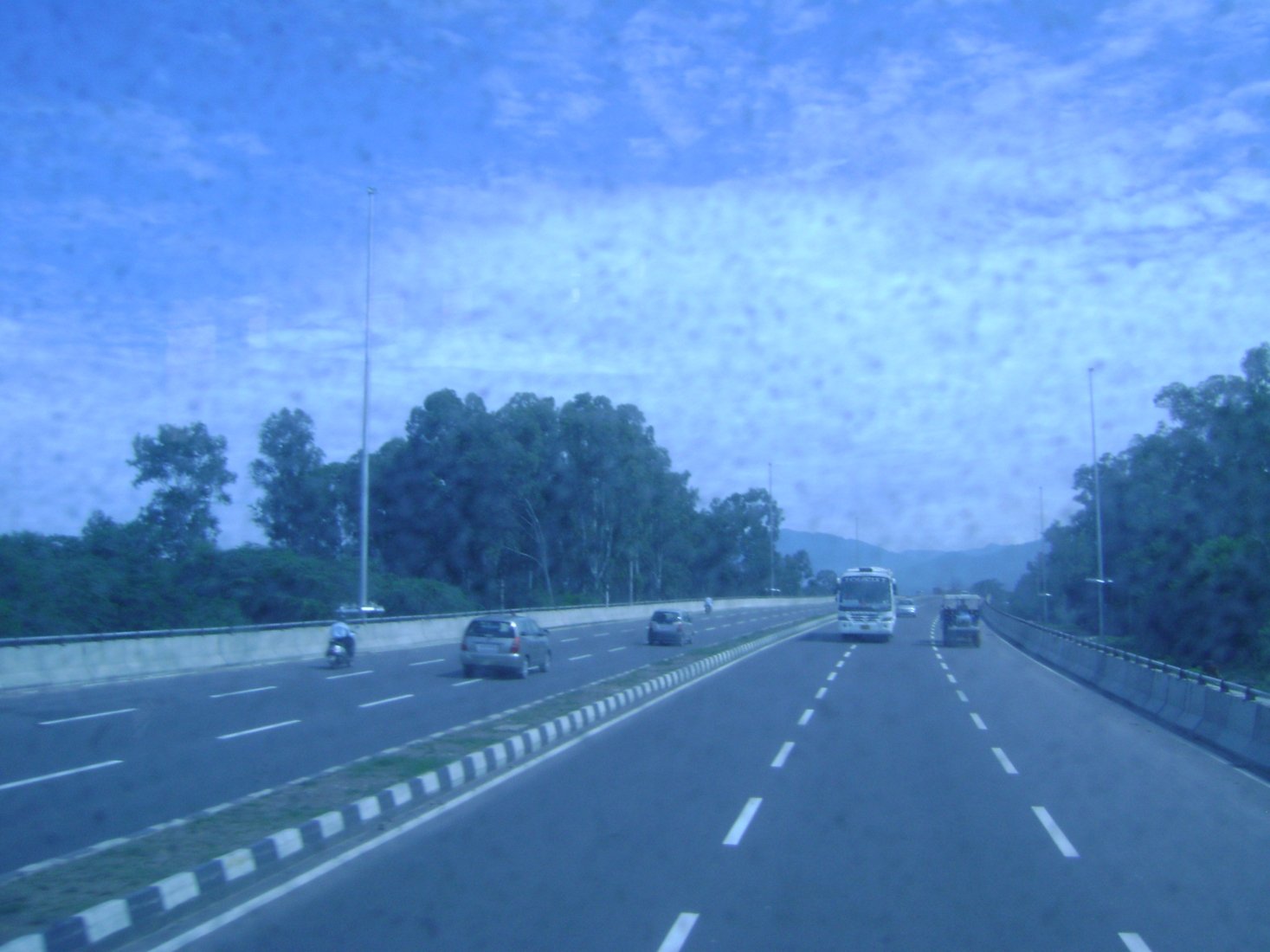
Comments ()